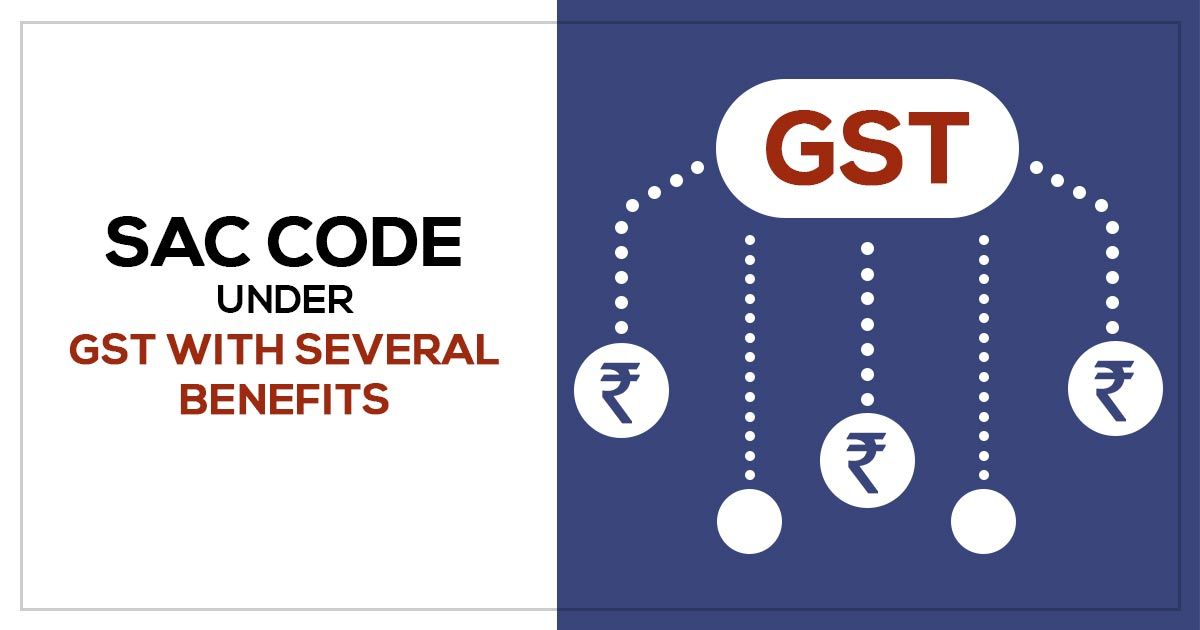Understanding SAC (Services and Accounting Code) in GST
- CA. Ali Asgar
·
3/28/2024

The Services and Accounting Code (SAC) system plays a pivotal role in the Indian tax landscape, particularly under the Goods and Services Tax (GST) regime. Let's delve into an in-depth overview of SAC and its implications for businesses:
1. Introduction to SAC:
The SAC code is a classification system employed by the Indian government to identify and tax various services offered by businesses. Derived from the internationally recognized Harmonized System of Nomenclature (HSN), SAC codes provide a structured framework for tax compliance.
2. Structure of SAC Number:
A SAC number comprises six digits, with the initial two digits always being '99,' indicating the service category. The subsequent four digits delineate the specific type of service. For instance, the SAC for general construction services is 995411.
3. Distinction Between HSN and SAC:
While HSN codes are designated for goods, SAC codes specifically categorize services. Moreover, SAC codes consist of six digits, whereas HSN codes typically comprise eight digits.
4. Significance of SAC in GST:
- Unique Classification: SAC codes assign a distinct code to each service, facilitating efficient classification and tracking for taxation purposes.
- Determining GST Rate: Businesses utilize SAC codes to identify the applicable GST rate for the services rendered.
- Mandatory Usage: GST taxpayers must include SAC codes in their registration, invoices, and GST returns, ensuring compliance with tax regulations.
5. SAC Code on Invoices:
As per GST rules, service providers must mention the SAC on invoices if their annual turnover exceeds Rs. 5 crore. For businesses below this threshold, a 4-digit SAC code is mandatory for B2B transactions. This requirement aids in proper classification and tax application.
6. Compliance and Monitoring:
The inclusion of SAC codes on invoices helps the government monitor tax collection and enforce compliance with GST regulations. It ensures transparency and accuracy in tax reporting and payment.
7. Conclusion:
Understanding SAC is essential for businesses to adhere to GST guidelines effectively. By correctly assigning SAC codes, businesses can ensure accurate tax calculation, streamline compliance processes, and contribute to a robust tax ecosystem.
In essence, SAC codes serve as a cornerstone in the GST framework, facilitating seamless tax administration and fostering transparency in service taxation.
#GST #SAC #Taxation #BusinessServices #GSTCompliance #Accounting #TaxCode #IndianTax #TaxLaws #Finance #BusinessCompliance #SmallBusiness #TaxationInIndia #IndianEconomy #TaxReforms #BusinessInIndia #FinancialCompliance #SMEs #TaxPolicies #BusinessOwners

© 2025 Capikar Technologies. All rights reserved